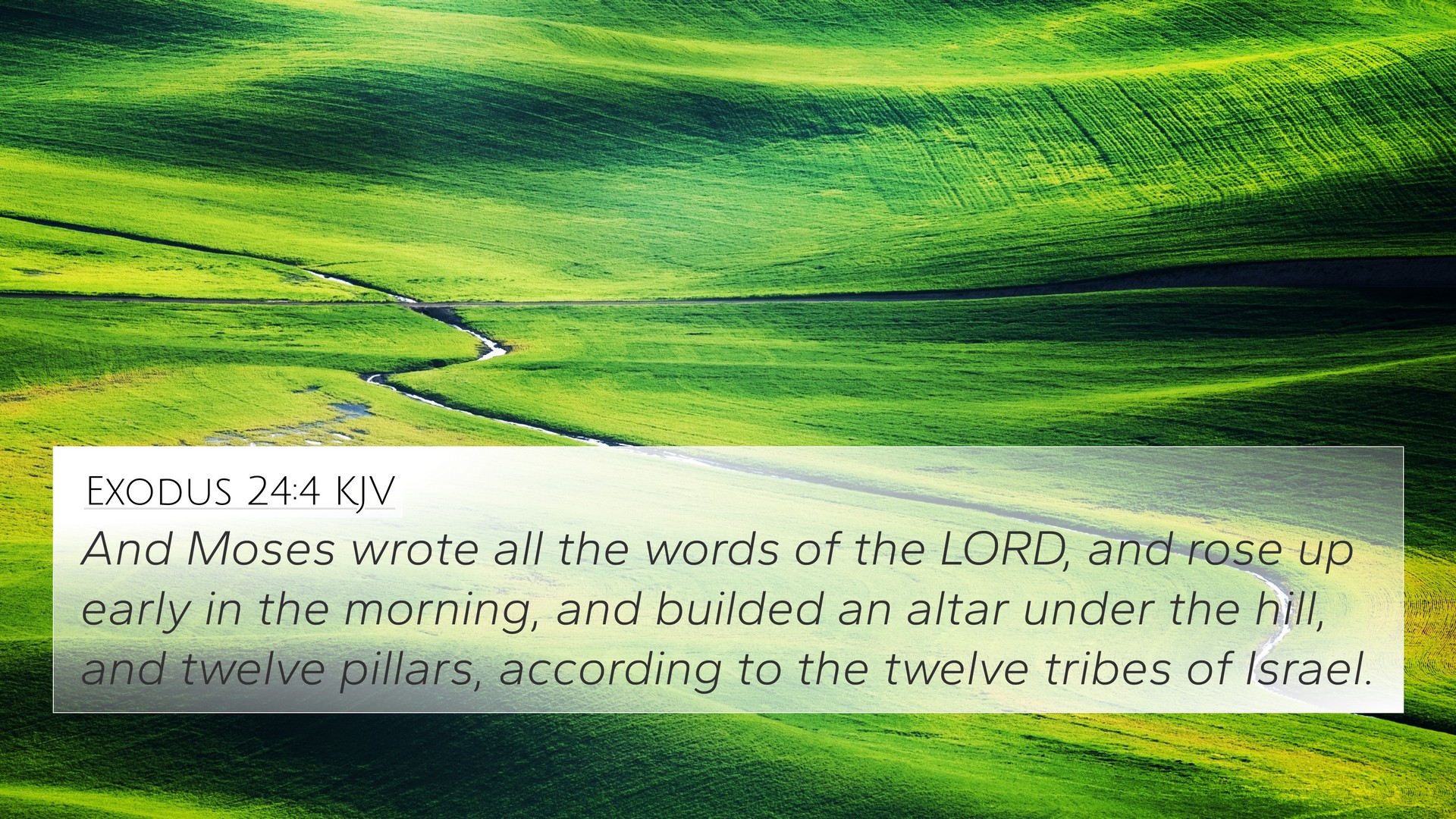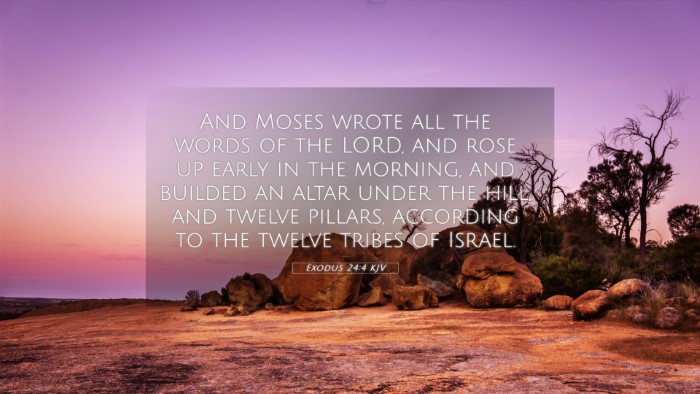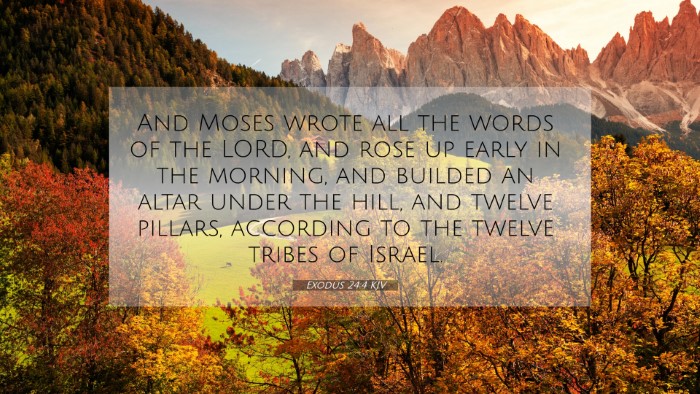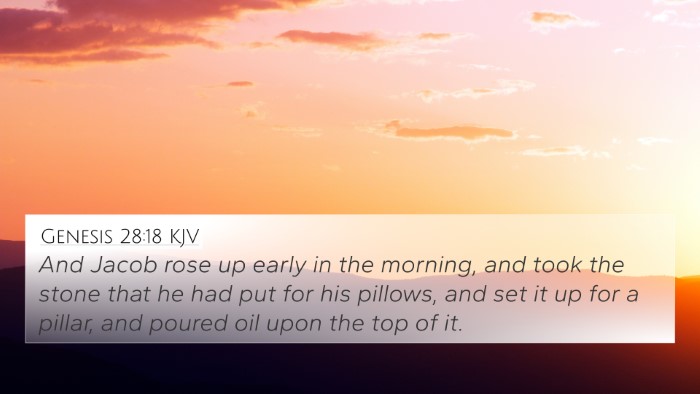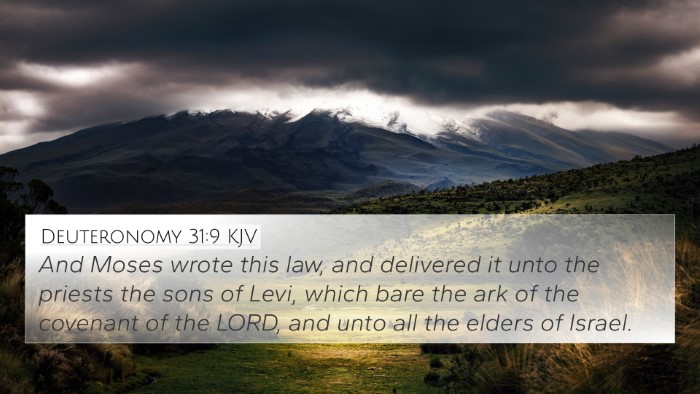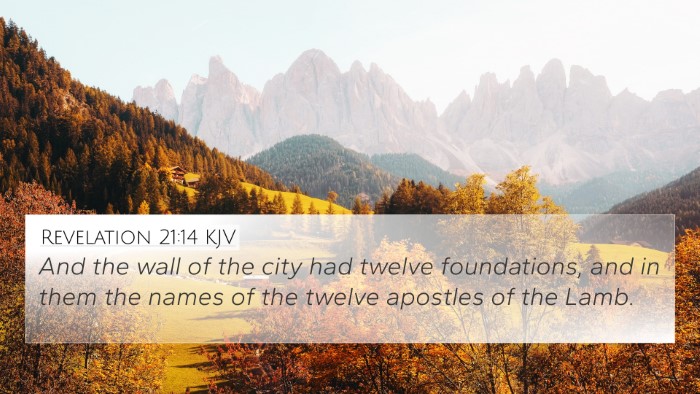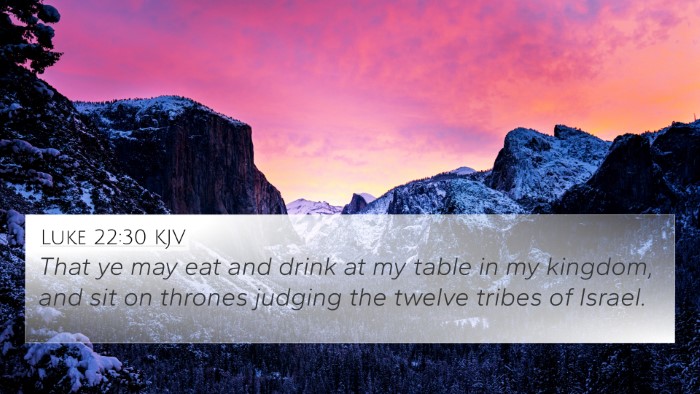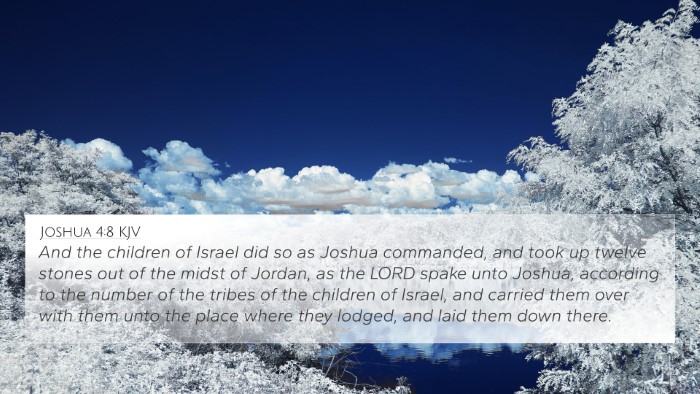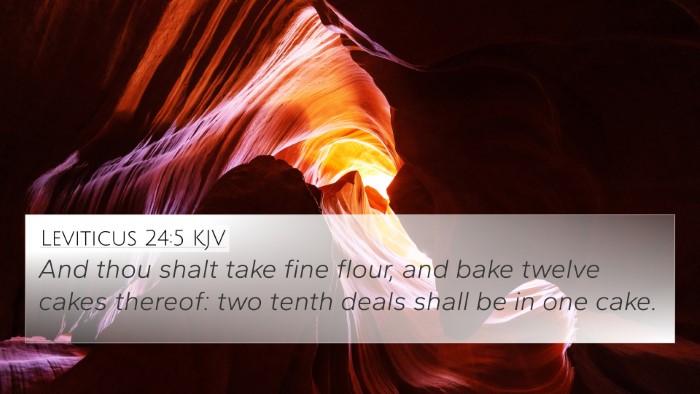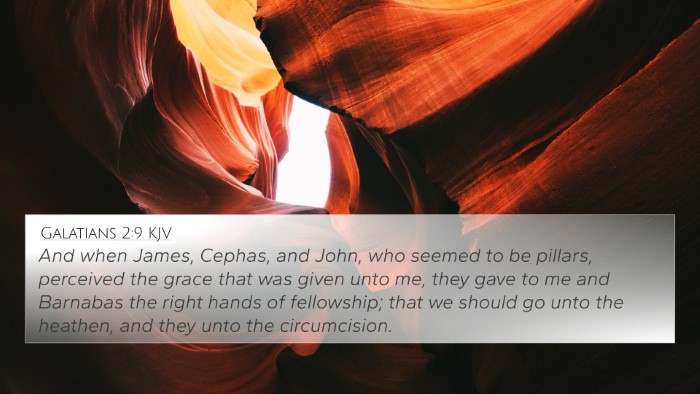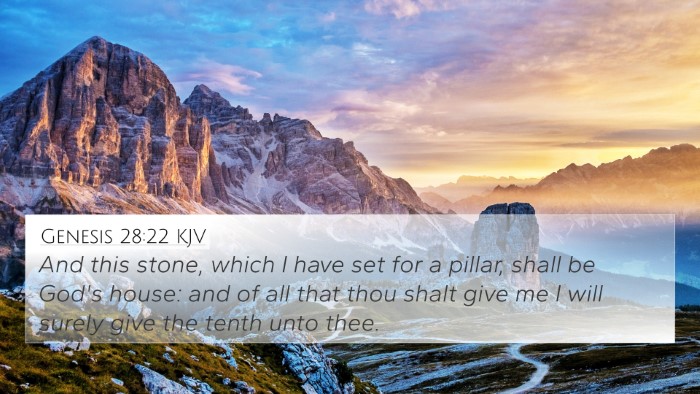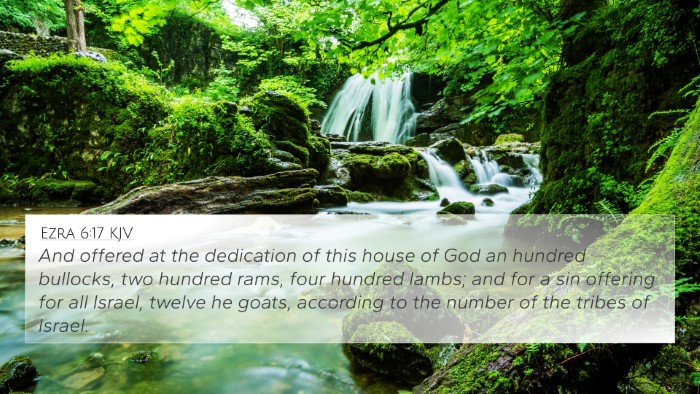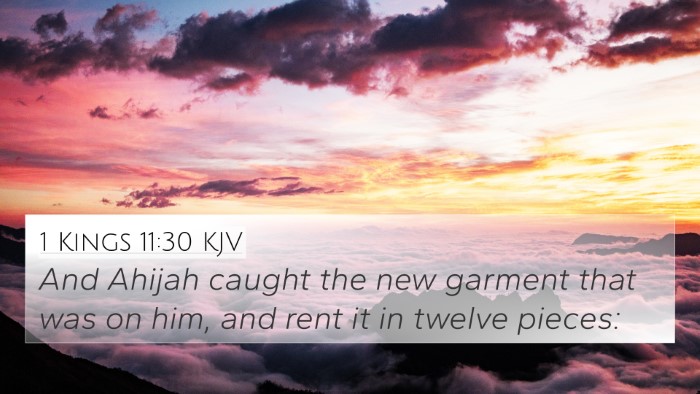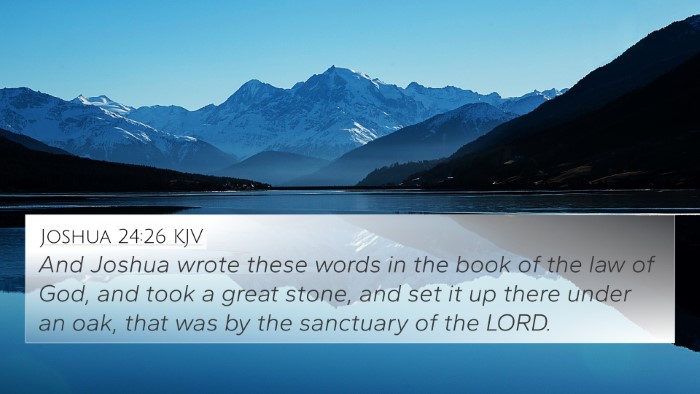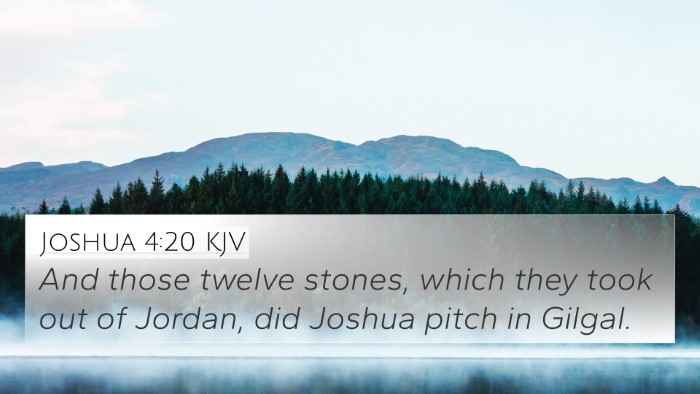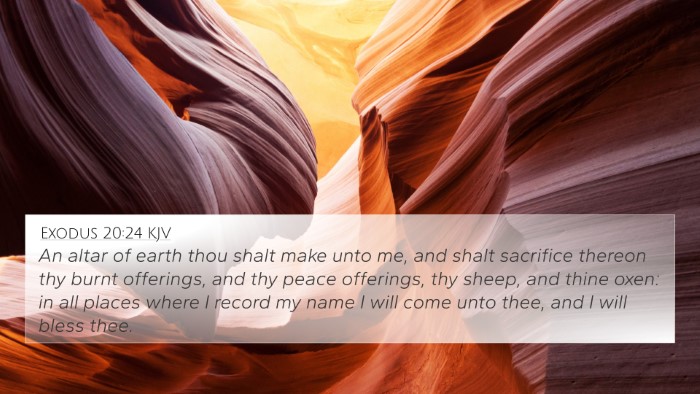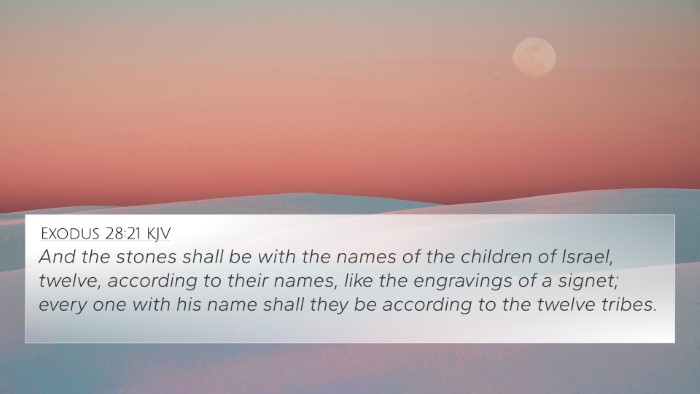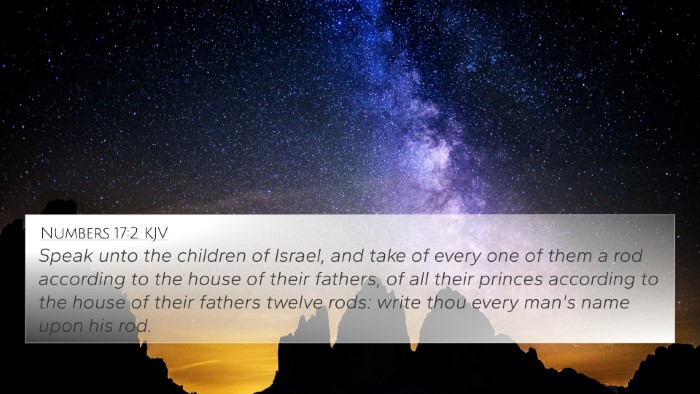Understanding Exodus 24:4
Exodus 24:4 states: "And Moses wrote all the words of the Lord, and rose up early in the morning, and built an altar under the hill, and twelve pillars, according to the twelve tribes of Israel." This passage marks a significant moment in the establishment of the covenant between God and Israel.
Summary of Insights from Public Domain Commentaries
This verse reflects a pivotal event where Moses acts as both a scribe and a mediator. The emphasis on Moses writing down all of the Lord’s words highlights the importance of divine communication in establishing God’s covenant with His people.
Significance of Moses Writing the Words
Matthew Henry observes that the act of writing God’s words signifies the seriousness and permanence of the covenant. It establishes a written testimony that future generations can refer to, emphasizing the importance of scripture in guiding the lives of God’s people.
Albert Barnes explains that by physically writing the words of God, Moses ensures that there is an agreed-upon record of the covenant, creating a foundation for Israel’s national identity and their relationship with God.
Adam Clarke adds that this act serves to reaffirm the people’s commitment to follow the covenant and underscores the accountability that comes with this commitment.
The Building of the Altar
The altar built by Moses is a powerful symbol of worship and sacrifice. This act of erecting an altar signifies the people's need for a place where they can encounter God and offer sacrifices in acknowledgment of His sovereignty.
Matthew Henry notes that the altar serves as a physical representation of Israel’s dedication to God and their need for atonement. It establishes a sacred space for worship where the community can gather and reaffirm their covenantal relationship with God.
Albert Barnes emphasizes that the twelve pillars erected represent each of the tribes of Israel, embodying unity among the tribes under God's leadership.
Adam Clarke mentions that the pillars signify God’s provision and protection over each tribe, reinforcing the idea that each tribe is individually important to God, yet collectively bound together in covenant.
Cross References for Exodus 24:4
Exodus 24:4 can be cross-referenced with the following verses, which share related themes of covenant, worship, and divine communication:
- Exodus 19:5-6: God’s call for Israel to be a holy nation and a kingdom of priests.
- Exodus 20:1-17: The giving of the Ten Commandments as part of the covenant.
- Deuteronomy 6:6-9: The importance of keeping God’s words in the hearts and lives of the people.
- Joshua 24:26: Joshua recording the covenant and the people's response to the Lord.
- Hebrews 9:19-20: Reference to Moses sprinkling blood, signifying the ratification of a covenant.
- 2 Corinthians 3:6: Discussion on the new covenant as opposed to the old in the context of written law.
- Matthew 5:17: Jesus' fulfillment of the law, emphasizing the continuity of God’s commands.
Thematic Connections Between Bible Verses
In exploring the connections between Bible verses, we find thematic elements that connect Exodus 24:4 to broader topics within scripture:
- Covenant and Law: This theme is reflected in many sections of both the Old and New Testaments.
- Worship and Sacrifice: The necessity of worship through sacrifice is reiterated throughout the scripture.
- Divine Communication: God’s direct communication to His people is a consistent motif from Exodus through the New Testament.
Tools for Bible Cross-Referencing
To fully understand and appreciate the connections between verses like Exodus 24:4, utilizing tools for Bible cross-referencing can be extremely beneficial. Here are some suggestions:
- Bible Concordance: A reference tool aiding in locating scripture based on keywords.
- Bible Cross-Reference Guide: Helpful for understanding how verses interlink thematically.
- Cross-Reference Bible Study: Methods to systematically explore connections between passages.
Conclusion
Exodus 24:4 presents a foundational moment in the narrative of Israel as God’s chosen people. Through the acts of writing and building an altar, Moses establishes a lasting covenant that emphasizes both community and individual relationship with God. By examining related passages and employing cross-referencing tools, one can gain deeper insights into the significance of this verse within the larger biblical narrative.
